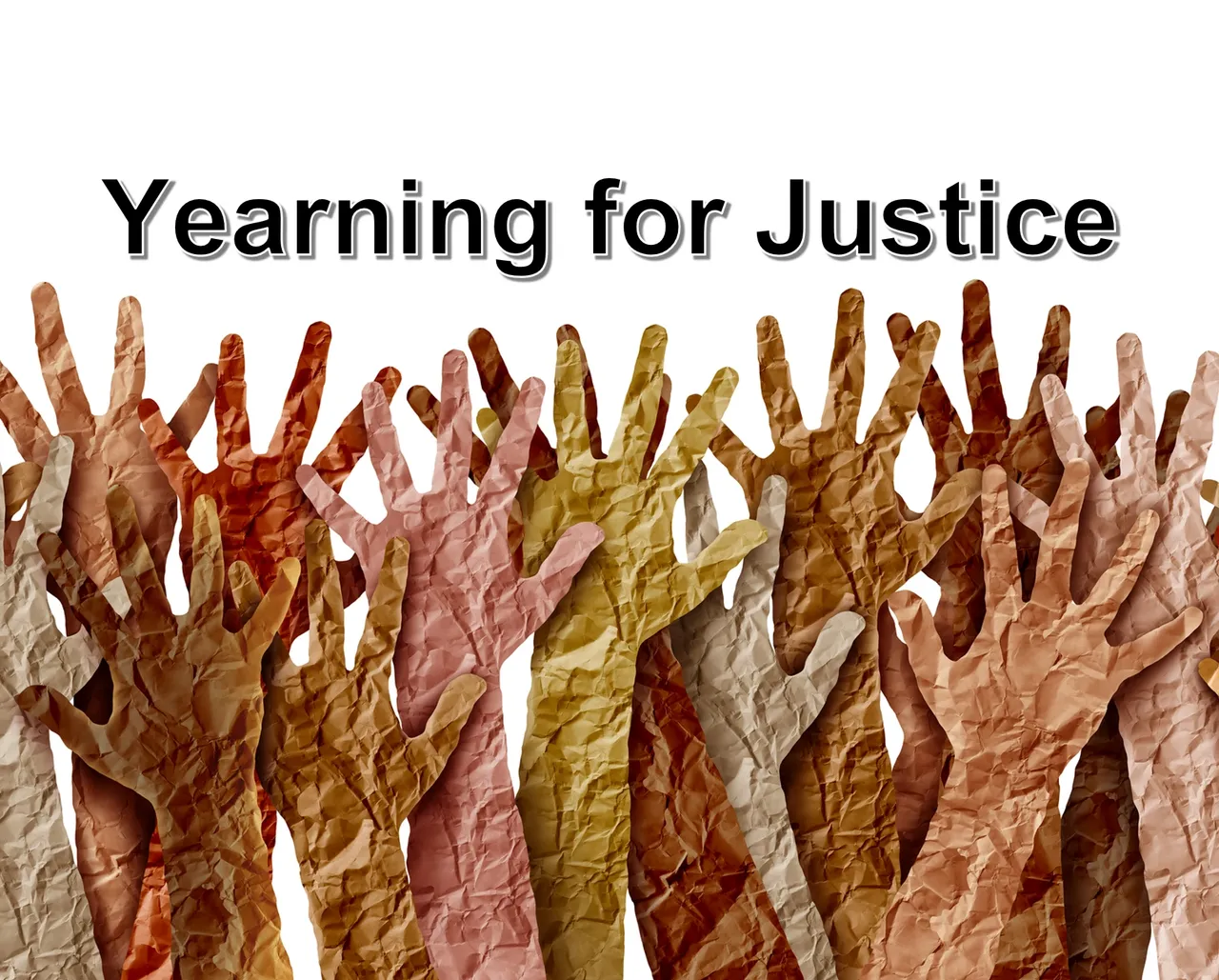Yearning for Justice

I begin this message to each of you with a confession. Namely, that I am experiencing deep emotional pain over events of the past few weeks. But I know that I must not allow this pain to immobilize me and I certainly must not respond in kind to the hatred, bigotry and violence that is the source of my pain.
There are surely more, but these four incidents have garnered national attention in the past few weeks. Ahmaud Arbery, a young Black man who was jogging in a neighborhood in Glynn County, Georgia was killed. Two very long months passed before the arrests of three suspects in that horrific incident. Breonna Taylor, a Black woman, was shot dead in her own home by police who were searching for someone else. There was a racially charged incident in Central Park when Amy Cooper, a White woman, called the police, claiming that Chris Cooper, a Black man was threatening her. And then, captured on a video for the world to see was what appeared to be the indifference of police officers as one of them for nine minutes kept his knee on the neck of George Floyd, a Black man, who continued to say “I can’t breathe.” George Floyd became unresponsive on the street never recovered.
How well you know, my sisters and my brothers all, the worst pandemic of this century did not take a “time out” while these racially charged incidents were taking place. Indeed, systemic racism is at the root of the reality that African Americans are disproportionately ill from and dying from the coronavirus that has now claimed the lives of over 100,000 Americans. And so it is that we are experiencing the stress, the sorrow and the outrage from three crises. One, we are in the middle of a pandemic that is the most serious and deadly health crisis of our time. Two, we are suffering from the economic consequences of this pandemic – again with African Americans suffering disproportionately. AND, last, but not least, we are in a period when the deadly viruses of hatred and systems of inequality are attacking African Americans, other people of color, low income and poor people, and women, men and children in other marginalized communities.
The question is: What are we to do? How are we to turn our emotional pain and our yearning for justice into a launching pad for productive action? Here are twelve concrete actions that we can take.
• Do all that you can to make sure that during this pandemic, you and all in your family and network are safe and healthy. We cannot be in the struggle for non-violent social change if we become victims of COVID-19.
• We are always stronger and more effective when we work collectively rather than on our own. That is why each of us should use the technology available to us to join with others in our local communities to strategize, plan and take meaningful action on the issues we are called to respond to.
For example,
Write up and circulate for signatures a call for the United States Justice Department to award grants to incentivize state and local police jurisdictions for the following: To require body-worn cameras, to implement de-escalation training, to require psychological evaluation of police officers prior to hiring, to require collection of statistical information on excessive use of force complaints, to mandate the creation of citizen boards to review police misconduct complaints, and to require unconscious bias training for all police officers.
• Through your place of worship, library, or community center, organize virtual gatherings that engage small groups of African Americans and White Americans in facilitated courageous conversations about race and racism in your local area, and national.
• Reach out to your local school board to initiate or to update what may have been a longstanding call to include in the required curriculum, education about racism and other systems of inequality in our country and the world.
• Engage in the tried and true act of writing to your local, state and federal elected representatives to express your reaction to the recent racially charged incidents, and be sure to say what you ask them to do about these incidents.
- Demand that the U.S. Senate debate and vote on H.R.1 (For the People Act) that has passed the House of Representatives and would restore the Voting Rights Act and limit voter suppression.
- Keep yourself informed about important matters that are related to acts of systemic racism. For example, familiarize yourself with the work of the Center for Policing Equity. In doing so, you will understand that persistent racial bias in the use of force is not tied to rates of criminal infraction. Force is applied disproportionately against Black people and other people of color even when they commit the same infractions as White people.
- Even though the current administration has failed to submit a written report to the United Nations Committee to End Racial Discrimination (CERD), Non-Governmental organizations recognized by the UN with consultative status, such as NCNW, should be encouraged to submit reports to the (CERD) as a way of educating the public and holding the United States accountable.
- Each of us should speak up whenever we hear a comment that is racist, or expresses bigotry or hatred for any group of people. As Audre Lorde once said, “Your silence will not protect you.”
- Whenever you can, donate to organizations that are fighting for human rights, civil rights, and yes, women’s rights.
- We all must engage in a number of actions that may not seem to be tied to systemic racism, but are in fact very connected to how it can be addressed.
- Each of us must participate in the census. Resources and political representation are based on census data.
- VOTE! VOTE! VOTE! Our lives and the lives of our families, the lives of all in our communities, and the lives of generations not yet born depend on it. As rapper, T.I. says “your vote is your microphone, so get in the studio.”
Finally, my sisters and my brothers, my siblings all, let us remember an invisible enemy that we must defeat is hopelessness. In this intensely troubled time, we must Keep the Faith! And we must Carry On!
Onward!
